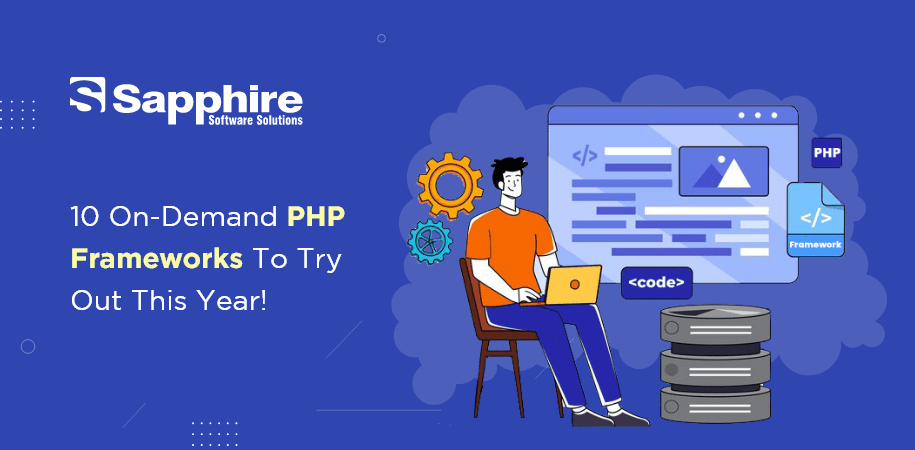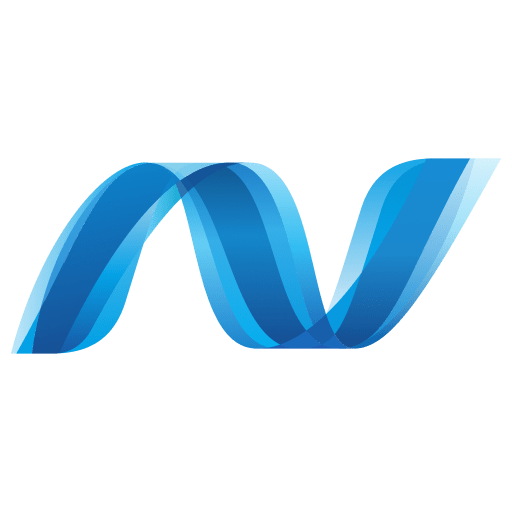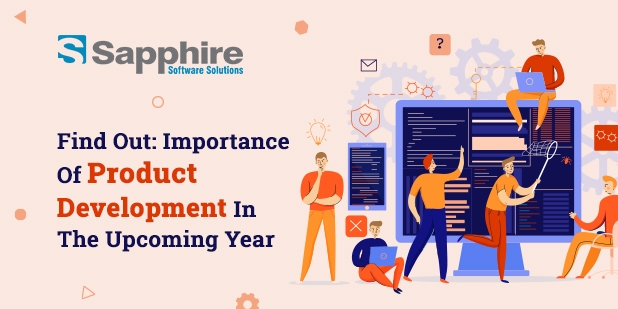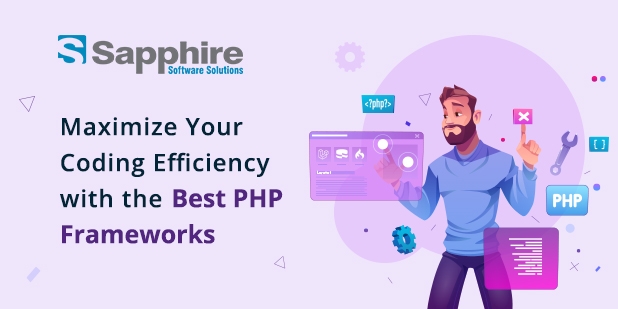PHP frameworks are now essential tools for creating robust and scalable web applications in the ever-changing world of online development. PHP’s strongest suit is server-side scripting. PHP is a fantastic language to learn if you are just starting to code and want to explore server-side scripting. Obtaining a comprehensive list of PHP frameworks is challenging. There are undoubtedly many more PHP frameworks than the 40 listed on Wikipedia; some of them are better categorized as content management systems. PHPlib, Horde, and Pear are examples of early PHP frameworks. Most well-known brands today debuted in 2005 or later. A PHP framework serves as a building block for PHP web applications. PHP frameworks provide the code libraries for frequently used functions.
Although PHP is probably not the ideal language to utilize when developing desktop programs, it gives skilled web developers many more possibilities than its rivals. Let’s see the top 10 PHP frameworks you can use for building applications.
1. Laravel:
So, the Laravel framework comes equipped with an expressive query builder, which makes working with databases a breeze. Laravel is an attractive option for projects of any scale because of its thorough documentation, vast and active community, and thriving ecosystem of packages and extensions. An open-source PHP framework is called Laravel. Additionally, it provides a wide range of functionalities that include the fundamental components of PHP frameworks like Codelgniter and Yii and those of other programming languages like Ruby on Rails. Many tools are integrated with Laravel to create speedier apps.
2. Symfony:
Additionally, the active community behind it offers continuous updates and support. The Symfony framework powers many popular websites and apps, including Drupal, Magento, and Laravel. The framework offers a variety of tools and capabilities, including support for numerous environments and a robust caching mechanism specially made for creating scalable PHP web applications. The Symfony framework ensures that the project has an orderly file structure separated into Model, View, and Controller by using MVC as the foundation of its web development.
The greatest PHP applications, such as the Drupal Content Management System, are built with Symfony using its robust, decoupled data libraries. The community forums for Symfony are popular, with thousands of visitors daily. There may be other web developers who share their Symfony experiences with the public and have questions comparable to yours. These forums offer immediate solutions to problems you might need to learn how to solve, particularly if you’re a novice Symfony user.
3. CodeIgniter:
CodeIgniter is a PHP framework noted for being lightweight and renowned for its simplicity and efficiency. Because of its modest footprint, it is suited for use in shared hosting settings, which often have restricted resources. In addition to its high-quality documentation, CodeIgniter has an active user community regularly responsible for developing tutorials and extensions. CodeIgniter is a popular choice among developers because of its ease of use and high performance, even though it may be lacking in some of the more sophisticated capabilities of more comprehensive frameworks.
4. CakePHP:
CakePHP is a robust PHP framework that provides many features and emphasizes convention over configuration. The MVC architectural pattern is implemented, and a well-organized software development environment is provided. The features that come standard with CakePHP include validation, database access, and caching. As a result of the code generation and scaffolding capabilities offered by the framework, developers can swiftly construct applications, making the framework an excellent option for projects with stringent deadlines. A cutting-edge PHP 7 framework with a robust scaffolding system and a flexible database access layer that makes constructing basic and complex systems more accessible, faster, and, of course, tastier. Due to its benefits and popularity, the CakePHP model has received much community support, as evidenced by the over 8300 stars and 3500 forks on GitHub, as well as a forum and official and unofficial documents.
5. Zend Framework:
Laminas, formerly known as Zend Framework, is a robust PHP framework designed for business settings. It has a modular design, which gives developers the freedom to pick and select the components that they need for their projects. A broad set of functionality is made available by Zend Framework. These features include support for MVC, database abstraction, authentication, and caching.
Zend Framework is called a “Component Library” since it has numerous loosely connected components. The Zend Framework provides any PHP stack and the Zend server for use in Zend framework applications. The Zend Framework fulfills that promise for PHP programmers without requiring them to abandon PHP. The development process can be accelerated in whole or in part by using this potent group of elements.
Zend Technologies, the company responsible for creating the PHP programming language, supports the Zend Framework. In July 2007, the Zend Framework’s initial production release went on sale.
An IDE called Zend Studio has tools to interface with Zend Framework. It offers code creation and the MVC view. A JSON RPC server, an XML to JSON converter, PSR-7 capability, and PHP 7 support are new additions to the Zend framework 3.0.
6. Yii:
A powerful PHP framework called Yii may be used to create large-scale internet applications. The MVC architectural pattern is adhered to, and various capabilities that make development go faster are provided. Database access, authentication, caching, and testing tools are some features included with Yii. In addition to this, it allows for the quick building of RESTful APIs and has excellent security features. The Yii framework’s excellent speed may be attributed to its lazy loading and caching strategies. The documentation for the framework is relatively comprehensive, and its community is quite active and willing to assist when needed. Yii is a fantastic option for developers who want their projects to move quickly while maintaining high efficiency.
7. Slim:
Slim is a PHP micro-framework that is very lightweight and was created for the construction of RESTful APIs and web services on a small scale. It emphasizes straightforwardness and minimalism, with the primary goal of providing the fundamental tools required to develop APIs rapidly. Because of its compact size, Slim is both quick and effective, and the API development process is simplified by its user-friendly routing architecture and comprehensive support for middleware. Despite its straightforward design, Slim provides several valuable capabilities, including URL routing, request, and response management, and support for various content kinds. Slim’s documentation is concise and straightforward to read, making it easy for developers to get started.
8. Phalcon:
The documentation for Phalcon is kept in good shape, and the community behind it is pretty active so that users can expect consistent updates and assistance. Phalcon is worth considering if you place a high value on speed and efficiency in the PHP applications you develop.
9. FuelPHP:
FuelPHP is a PHP framework that emphasizes both speed and security. It is both versatile and resilient. It utilizes the Hierarchical Model-View-Controller (HMVC) architectural paradigm, which permits the creation of modular and reusable code. In addition to other features, FuelPHP provides functionality such as routing, input validation, caching, and authentication. The framework also has a vibrant community behind it, which helps users out with questions and distributes new features like plugins and extensions. FuelPHP provides the tools essential for quick and safe development, regardless of whether you are creating a simple website or a significant application.
10. Aura:
Aura is a collection of standalone PHP programs that may be used together or independently, depending on the situation. It has a decoupled design, which enables developers to choose and use just the components that are necessary for their work. Various facets of web development are included within the scope of Aura packages. These facets include routing, caching, session management, and input filtering. The framework emphasizes adaptability and ease of use while still delivering components of a high standard. The documentation that comes with Aura is very well organized and includes several examples specific to each package. Because the community is kind and engaged, you can always count on getting assistance when you need it. Aura is a good option if you like an approach that is modular and appreciates having fine-grained control over the components of your application.
Conclusion
PHP frameworks have fundamentally altered the development process of websites by making the coding process more straightforward and offering developers more effective tools. In this piece, we looked at eleven on-demand PHP frameworks you may want to experiment with throughout this year. Every framework, from the powerful and feature-packed Laravel to the lightweight and performance-driven Slim, comes with distinct benefits and can be tailored to meet the specific requirements of various projects. Before deciding on a framework, evaluating the demands of your project and PHP development services, in addition to its scalability and performance requirements, is essential. Experimenting with these frameworks will allow you to improve your PHP programming abilities and construct dependable web apps time-efficiently. Maintaining an awareness of the most recent advancements in the PHP environment is essential since new frameworks and improvements are constantly being introduced. Hire a PHP developmers, Sapphire is the right destination for you.



















